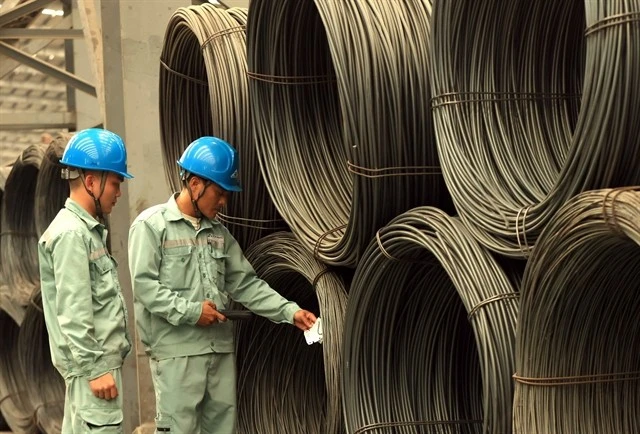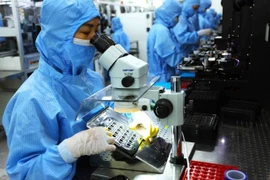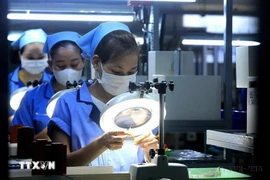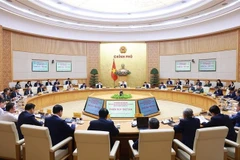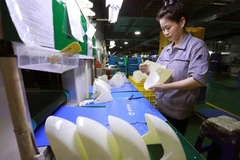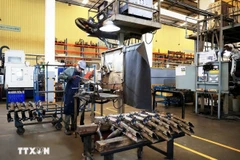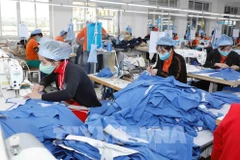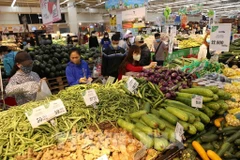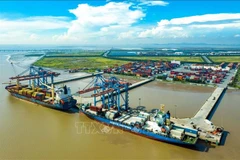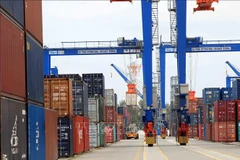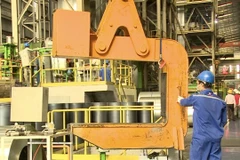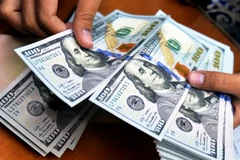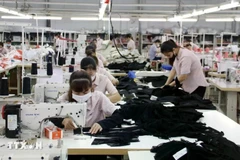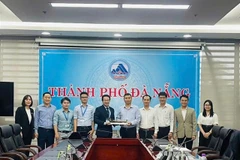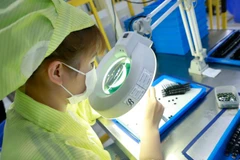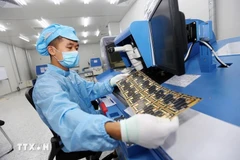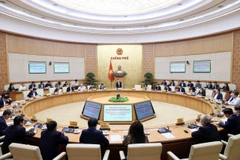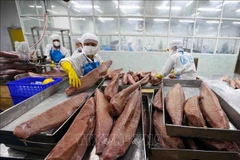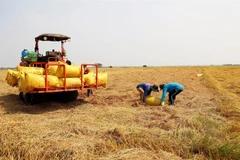Hanoi (VNS/VNA) - By 2026, Vietnam will complete a database for five domestic industries related to trade remedy measures currently in effect and industries at risk of being subjected to trade remedy investigations.
The project to build a comprehensive database of domestic industries aims to enhance the capacity and efficiency of trade remedy investigations.
It also serves to monitor and evaluate the effectiveness of trade remedy measures, acting as a strategic tool to protect domestic production in the context of international economic integration while ensuring fair competition in the domestic market.
By 2026, specific guidelines will be developed and issued for the establishment, operation and sharing of the domestic industry database. Security standards and data integration processes will also be finalised to ensure the accurate and efficient collection and analysis of information.
By 2030, the mechanism for connecting and sharing the domestic industry database among State management agencies will be completed.
Additionally, the database for 20 domestic industries with products related to existing trade remedy measures and six industries at risk of investigations will be finalised. Data from industries that already have a database will also be updated.
Software and tools will be developed to support data analysis for domestic industries, predict potential scenarios and facilitate data-sharing utilities for State agencies and enterprises.
By 2026, 30% of enterprises in industries with a database will have been granted access and the ability to look up information. This figure is expected to increase to 80% by 2030.
Vietnam’s exporters faced a significant increase in the number of trade defence investigation cases this year, on the back of rising protectionism worldwide.
By the end of 2024, Vietnamese goods had been subjected to about 273 trade remedy investigations across 25 markets, according to the Trade Remedies Authority.
Notably, trade defence investigations are becoming more complex. For example, the US launched a cross-border subsidy investigation on solar panels and capsules sold from Vietnam for the first time.
Countries also tend to investigate and apply anti-dumping, anti-subsidy, safeguarding and anti-circumvention measures on the same product at the same time./.
